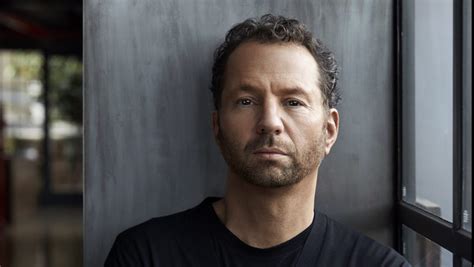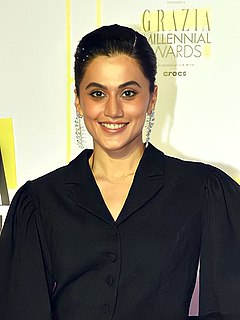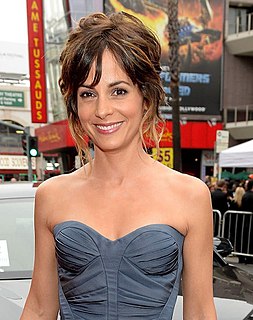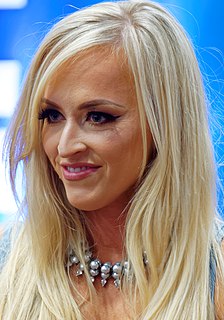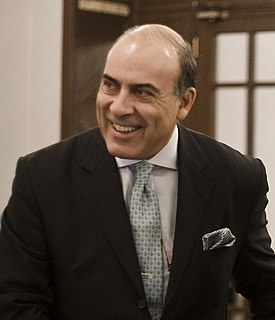A Quote by John Sculley
I wanted to be an industrial designer, so I went to business school for that, and I then went on to marketing at Interpublic Group of Companies, which was one of the first organizations to actually think about brand marketing. I worked on Coca Cola's account, and then I was recruited by Pepsi, and I ended up being Pepsi's first MBA. I was called the High Wire Act because I was in my 20s and I was given jobs of increasing responsibility that I was totally unqualified for.
Quote Topics
Related Quotes
I was recruited by Pepsi and put out in Pittsburgh, and I worked in the bottling lines, and then I was sent on to Phoenix, Arizona, where I also drove trucks and I put up signs, Pepsi signage, and I was then sent on to Las Vegas for a month of training, and then I finally ended up in Milwaukee. So I got a really hands - on introduction to the soft-drink industry. I was so appreciative of the fact that I was able to not only learn a business through what I learned at business school, but I was able to learn it with hands-on learning. I'm a huge believer in hands-on learning.
I found marketing to be highly descriptive and prescriptive, without much of a foundation in deep research. I brought in economics, organization theory, mathematics, and social psychology in my first edition of Marketing Management in 1967. Today Marketing Management is in its 15th edition and remains the world's leading textbook on marketing in MBA programs. Subsequently, I wrote two more textbooks, Principles of Marketing and Marketing: an Introduction.
Over the past 60 years, marketing has moved from being product-centric (Marketing 1.0) to being consumer-centric (Marketing 2.0). Today we see marketing as transforming once again in response to the new dynamics in the environment. We see companies expanding their focus from products to consumers to humankind issues. Marketing 3.0 is the stage when companies shift from consumer-centricity to human-centricity and where profitability is balanced with corporate responsibility.
Democracy doesn't mean much if people have to confront concentrated systems of economic power as isolated individuals. Democracy means something if people can organize to gain information, to have thoughts for that matter, to make plans, to enter into the political system in some active way, to put forth programs and so on. If organizations of that kind exist, then democracy can exist too. Otherwise it's a matter of pushing a lever every couple of years; it's like having the choice between Coca-Cola and Pepsi-Cola.
Just in the past couple of years, there's been pushback against some of that marketing, as parents have gotten really upset. Now we're seeing Coke and Pepsi kind of shape-shifting. Instead of doing these very explicit marketing deals, they are getting into schools in much more hidden ways - things like My Coke Rewards, where they encourage schools to push their student body to purchase Coke products, in exchange for points that go toward various products for the school. It's a way for these companies to get in front of kids, presented as a form of charity.
My dad's American, and my mom's French. I lived in France for the first 18 years of my life, then came here to go to school at the College of William and Mary. I studied marketing. I really didn't know what I wanted to do, so I thought that's what I should do - study business - because it would give me the best chance to find work.

